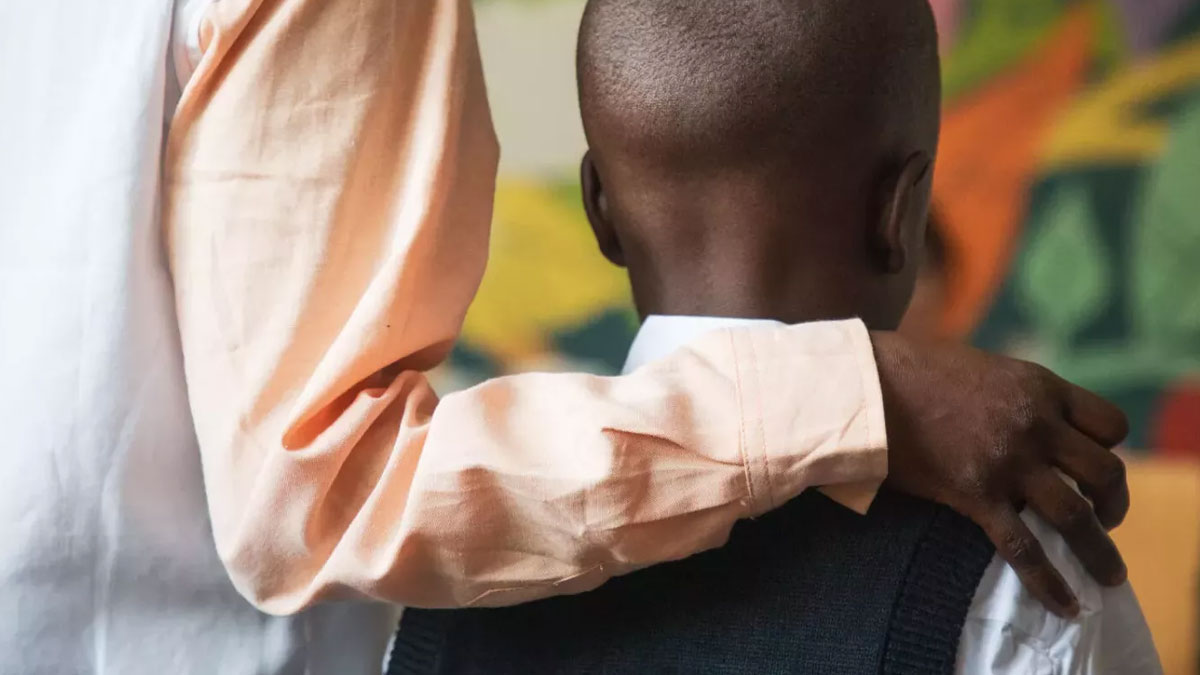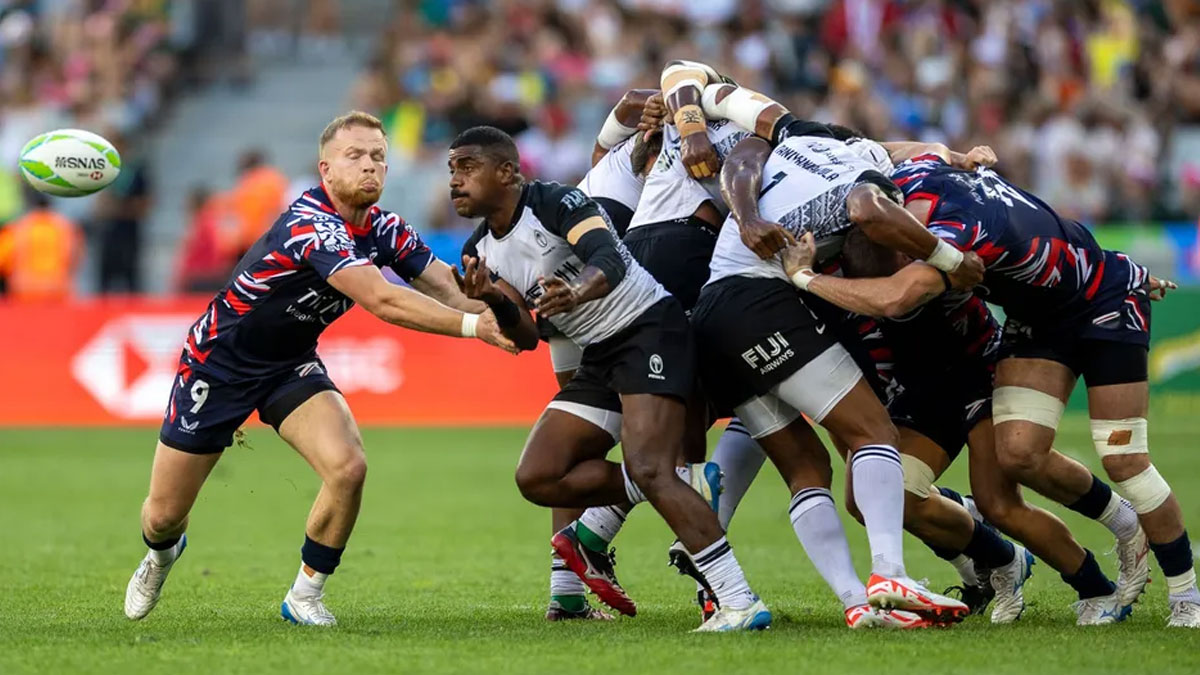
Addressing the issue of violence against children is not only a collective responsibility that requires everyone to work together for the betterment of children, but it also must be prioritised due to its significant financial burden as violence against children costs Fiji $459.82 million annually, equivalent to 4.23 per cent of the nation’s GDP.
A United Nations report titled Economic Costs of Violence Against Children in Fiji, published in October this year, highlights the profound toll violence against children takes in Fiji—on the individual child, their family, their community, and society at large.
The findings reveal that nearly three in four children in Fiji experience some form of violence in their lifetime where a significant portion of these cases goes unreported, perpetuating a cycle of harm and impeding efforts to create a safer environment for children.
The report states that this toll manifests as health burdens, productivity losses, reductions in quality of life, and additional financial pressures on households and sectors responsible for responding to incidents of violence and its associated negative consequences.
The report stresses that this significant economic burden underscores the need for further investment in child protection policies and programmes in Fiji.
It says these initiatives aim to address the risk factors that predispose children to violence and provide adequate response services to mitigate the negative impacts should violence occur.
It also says the Government of Fiji must treat violence prevention as a key mechanism for reducing poverty, fostering economic growth, and enhancing social development.
The reports says this requires supporting the prioritisation of child protection through the implementation of policies, plans, and programmes that clearly outline the roles and contributions of different sectors in preventing and responding to violence against children.
It also highlights the Government has developed a robust policy and strategic framework for protecting children from multiple forms of abuse, exploitation, violence, and neglect.
However, despite these efforts, children in Fiji continue to experience significant levels of violence in multiple forms.
The report says that the Government of Fiji has developed a comprehensive National Child Protection Strategic Framework and a Five-Year Action Plan, which include robust evidence-based interventions aimed at reducing the incidence of violence against children and mitigating its associated burdens when incidents occur.
It also says that the Ministry for Women, Children, and Social Protection is in the process of establishing a dedicated Children’s Department and reforming legislation for child protection.
The report, however warns that these steps will only achieve the desired impact if they are adequately funded and implemented.
It stresses that without adequate whole-of-government financing and policy support for the plan, and without the development of these robust interventions to prevent and respond to violence against children, the significant economic burdens will likely persist, to the detriment of Fiji’s children and at the expense of the country’s future economic development.
Stay tuned for the latest news on our radio stations


